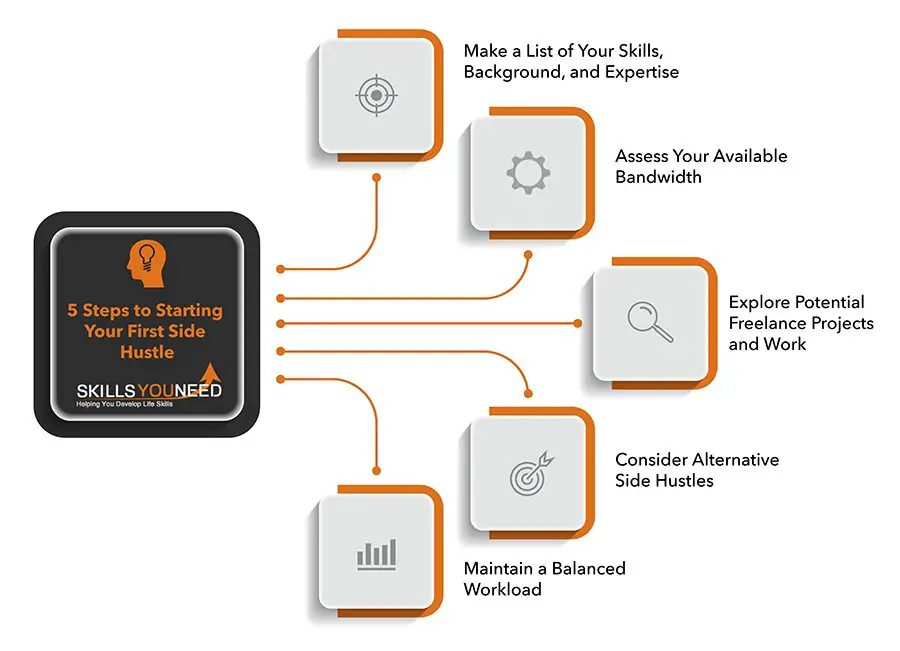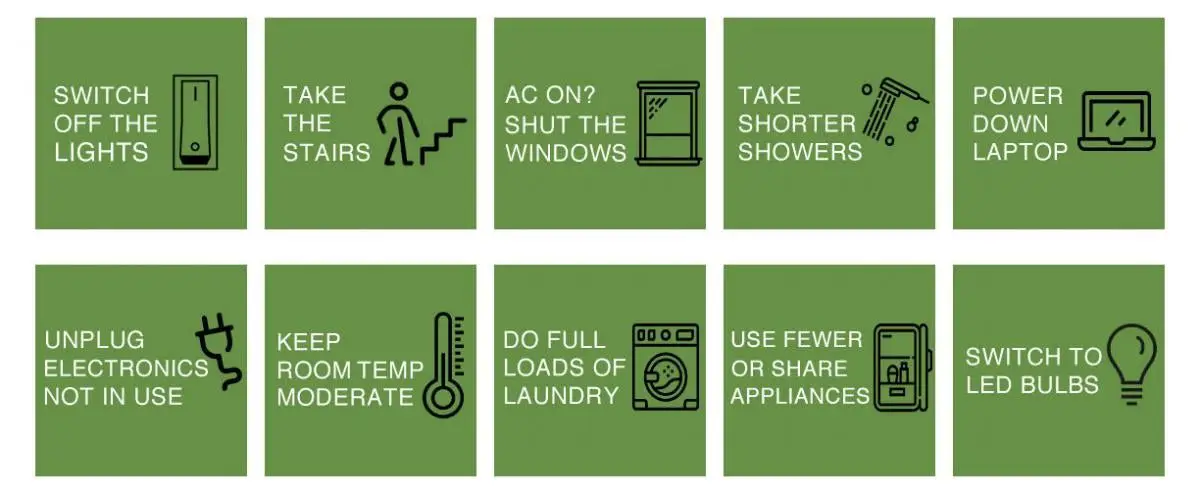Are you facing the daunting possibility of foreclosure? Don’t panic, because there are strategies for avoiding foreclosure that can help you navigate this challenging situation. In this article, we will discuss actionable steps that can empower you to proactively tackle the issue head-on. By implementing these strategies, you can take control of your financial future and potentially save your home. So, let’s dive in and explore the effective approaches that can make all the difference when it comes to avoiding foreclosure.
Strategies for Avoiding Foreclosure
Introduction
For homeowners facing financial difficulties, the threat of foreclosure can be overwhelming. However, it is important to remember that there are strategies available to help avoid this situation. By taking proactive measures and seeking professional guidance, homeowners can navigate through financial challenges and protect their homes. In this article, we will explore various strategies to avoid foreclosure, providing practical advice and resources.
1. Communicate with Your Lender
When homeowners find themselves struggling to make mortgage payments, the first step is to communicate with their lender. Acting proactively, rather than ignoring the issue, can significantly increase the chances of finding a resolution. Here are some steps to consider when reaching out to your lender:
- Contact your lender as soon as you anticipate trouble making your payments.
- Be prepared to provide detailed financial information and documentation.
- Explain your current financial situation and any circumstances that have led to your inability to pay.
- Consider requesting a loan modification or alternative payment plan.
- Keep a record of all communication with your lender, including dates, names, and summaries of conversations.
2. Seek Professional Assistance
Navigating the complexities of foreclosure can be overwhelming for homeowners. Seeking professional assistance can provide guidance, support, and access to resources that may not be readily available. Here are some professionals you may want to consider reaching out to:
a) Housing Counselors
HUD-approved housing counselors specialize in assisting homeowners facing foreclosure. They can provide valuable advice on loan modification, refinancing options, budgeting, and negotiating with lenders. These counselors can help you understand your rights and guide you through the foreclosure process.
b) Real Estate Attorney
A real estate attorney with foreclosure experience can provide legal advice and represent your interests throughout the foreclosure proceedings. They can review your loan documents, negotiate on your behalf, and help you understand your options under state foreclosure laws.
c) Certified Public Accountant (CPA)
A CPA with experience in real estate and foreclosure matters can assist you in understanding the financial implications of your situation. They can help you develop a manageable budget, evaluate tax consequences, and explore potential alternatives to foreclosure.
3. Explore Loan Modification Options
Loan modification is a process where lenders make changes to the terms of your mortgage to make it more affordable. This can involve reducing the interest rate, extending the loan term, or even forgiving a portion of the principal balance. Here are some common loan modification options to consider:
a) HAMP (Home Affordable Modification Program)
HAMP is a government program aimed at helping homeowners facing foreclosure. It provides incentives to lenders to modify mortgages for eligible borrowers. Under HAMP, your lender may lower your monthly payments to 31% of your monthly income.
b) In-House Modification Programs
Many lenders offer their own in-house modification programs. These programs may have different eligibility criteria and guidelines compared to government programs. Contact your lender to inquire about any available in-house modification options.
c) FHA-HAMP
If you have an FHA-insured loan, you may qualify for the FHA-HAMP program. This program provides a more affordable mortgage payment by modifying the terms of your existing FHA-insured loan.
4. Consider Refinancing
Refinancing involves replacing your current mortgage with a new loan that has better terms. It can help lower your monthly payments, reduce your interest rate, or change the loan type to something more manageable. Here are a few refinancing options to explore:
a) Traditional Refinancing
Traditional refinancing involves obtaining a new mortgage with better terms from a different lender. To qualify, you will need to have good credit and sufficient equity in your home.
b) HARP (Home Affordable Refinance Program)
HARP is a government program designed to help underwater homeowners refinance their mortgages. It allows borrowers who owe more than their homes are worth to take advantage of lower interest rates and more affordable payments.
c) Streamline Refinance Programs
Streamline refinancing is available for borrowers with FHA, VA, or USDA loans. These programs offer simplified refinancing processes and relaxed eligibility requirements, making it easier for homeowners to adjust their loan terms.
5. Sell Your Home
If all other options have been exhausted, selling your home may be the best way to avoid foreclosure. Although this may not be an ideal solution, it can help you minimize credit damage and start fresh. Here are some considerations when selling your home:
a) Short Sale
A short sale involves selling your home for less than what you owe on the mortgage. This option requires approval from your lender, but it can help you avoid foreclosure and potentially eliminate any remaining mortgage debt.
b) Deed in Lieu of Foreclosure
In a deed in lieu of foreclosure, you voluntarily transfer ownership of your property to the lender to satisfy your mortgage debt. This option avoids foreclosure and may provide opportunities for relocation assistance.
c) Pre-Foreclosure Sale
A pre-foreclosure sale involves selling your home before it goes into foreclosure. This option allows you to pay off your loan and avoid the consequences of a foreclosure on your credit report.
6. Stay Informed about Foreclosure Alternatives
When facing the possibility of foreclosure, it is crucial to stay informed about foreclosure alternatives and resources available to you. Here are some additional options and resources to explore:
a) Forbearance
Forbearance is a temporary solution that allows you to pause or reduce your mortgage payments for a specific period. It is often used during times of financial hardship, such as job loss or medical emergencies.
b) Government Assistance Programs
Various government programs, such as Hardest Hit Fund (HHF) and Emergency Homeowners’ Loan Program (EHLP), provide assistance to homeowners facing foreclosure. These programs offer financial aid, counseling services, and foreclosure prevention assistance.
c) Community-Based Organizations
Many community-based organizations offer foreclosure prevention services and resources. They can provide counseling, workshops, and educational materials to help homeowners navigate through the foreclosure process.
d) Stay Current on Your Mortgage Education
Continuing to educate yourself on mortgage-related topics can help you make informed decisions and stay proactive in managing your finances. Regularly read reliable sources, attend workshops, and follow experts in the field to stay up-to-date on foreclosure prevention strategies.
Facing the possibility of foreclosure can be a challenging and overwhelming experience for homeowners. However, by taking proactive measures, seeking professional guidance, and exploring various strategies, it is possible to avoid foreclosure and protect your home. Remember to communicate with your lender, seek professional assistance, explore loan modification and refinancing options, consider selling your home as a last resort, and stay informed about foreclosure alternatives and resources. By taking these steps, you can increase your chances of finding a favorable outcome and secure a brighter future for yourself and your family.
Facing Foreclosure | Tips How To Save House From Foreclosure | Avoid Foreclosure in 2021
Frequently Asked Questions
Frequently Asked Questions (FAQs)
What are some strategies for avoiding foreclosure?
There are several strategies you can employ to avoid foreclosure:
Can I negotiate with my lender to avoid foreclosure?
Yes, you can negotiate with your lender to avoid foreclosure. You can explore options such as loan modification, repayment plans, or forbearance.
How can a loan modification help me prevent foreclosure?
A loan modification can help you prevent foreclosure by modifying the terms of your existing mortgage, such as reducing the interest rate or extending the repayment period.
What is a repayment plan?
A repayment plan is an agreement between you and your lender to spread out the missed mortgage payments over a specific period. This allows you to catch up on missed payments while continuing with your regular mortgage payments.
What is forbearance?
Forbearance is a temporary pause or reduction in your mortgage payments granted by your lender. It provides borrowers with a short-term solution to financial hardships.
Can selling my home help me avoid foreclosure?
Yes, selling your home can be an effective strategy to avoid foreclosure. By selling your home, you can use the proceeds to pay off your mortgage and prevent foreclosure.
What is a short sale?
A short sale is when the proceeds from selling your home are less than the total amount you owe on your mortgage. In a short sale, the lender agrees to accept the proceeds as full payment, thereby preventing foreclosure.
Are there any government programs available to help me avoid foreclosure?
Yes, there are government programs available, such as the Home Affordable Modification Program (HAMP) and the Home Affordable Refinance Program (HARP). These programs provide assistance to struggling homeowners and offer alternatives to foreclosure.
Can I seek assistance from a housing counselor?
Yes, you can seek assistance from a certified housing counselor. Housing counselors can provide guidance on foreclosure prevention options, negotiate with your lender on your behalf, and help you create a viable plan to avoid foreclosure.
Final Thoughts
Strategies for avoiding foreclosure are crucial for homeowners facing financial difficulties. The first step is to communicate openly with the mortgage lender, explaining the situation and exploring possible options. This may include a loan modification, refinancing, or repayment plan. It’s also important to seek assistance from housing counselors or legal advisors who can guide homeowners through the process. Additionally, cutting back on expenses, increasing income, and exploring government assistance programs can provide temporary relief. By taking proactive steps, homeowners can protect their homes and financial stability. Act now to implement these strategies for avoiding foreclosure.



